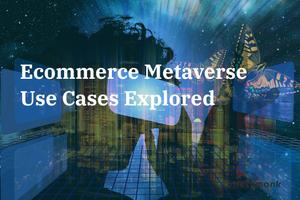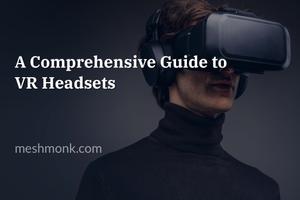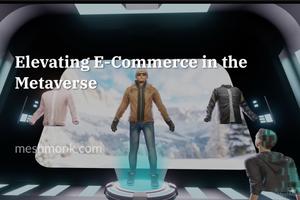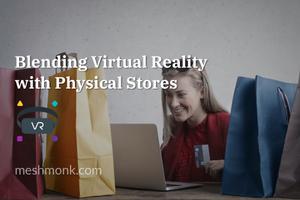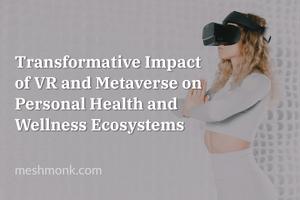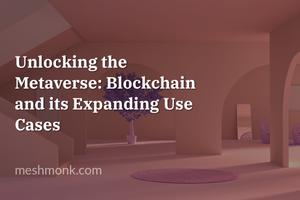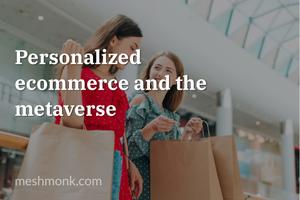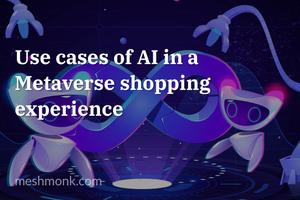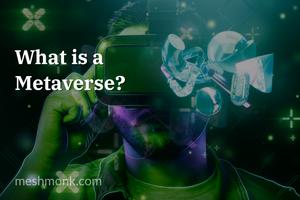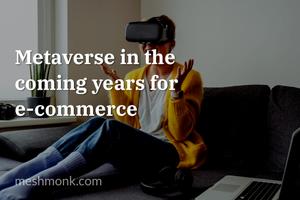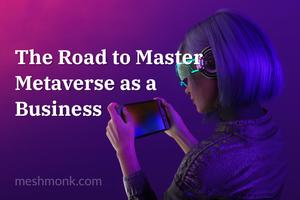Ecommerce Metaverse Use Cases Explored
In recent times, the metaverse has made waves as the next significant digital frontier. When combined with ecommerce, it paints a promising future for online retail. According to a report by PwC, the potential market value of the metaverse could reach $1.5 trillion by 2030. As businesses ponder about intertwining with this expansive digital domain, understanding the intricate ecommerce metaverse use cases is pivotal. In this comprehensive review, we’ll harness data, numbers, and technical insights to elucidate these use cases.
1. Immersive 3D Product Showcases
Statistics reveal that 3D visualization can increase online conversions by up to 27%. In the metaverse, products aren’t just displayed—they’re experienced.
- Detailed Product Visualization: Offering 360-degree views and interactive engagement, users can observe every product facet. Virtual reality spending is expected to double by 2023, indicating a leaning preference towards immersive experiences.
- Real-time Customization: Advanced scripting tools allow for immediate product modifications. Studies suggest 34% of consumers are more likely to purchase customized products, reflecting the immense potential here.
2. Virtual Try-Ons and Fittings
By 2025, over 70% of online fashion retailers plan to use virtual fitting tools. The metaverse accelerates this trend.
- Spatial Computing Algorithms: Users can visualize apparel on avatars mimicking their body type, eliminating size and fit returns, which currently cost retailers an estimated $62 billion annually.
- Feedback Loops: Integrated sensory feedback can provide users with insights about fit, potentially reducing return rates by up to 15%.
3. Augmented Reality Shopping Assistants
By 2022, it was predicted that businesses would spend $20 billion annually on AR solutions. The metaverse amplifies this with smarter AI interfaces.
- Natural Language Processing (NLP): The AR assistant, leveraging NLP, can understand and process thousands of user queries per minute, offering instant responses.
- Deep Learning Recommendations: Enhanced algorithms can predict consumer behavior with up to 85% accuracy, making product suggestions more effective.
4. Real-time Supply Chain Integration
An estimated 75% of consumers expect regular inventory updates when shopping online. The metaverse offers even more sophisticated tracking solutions.
- Blockchain Integration: This ensures the traceability of product origins, with 55% of businesses anticipated to adopt blockchain for supply chain purposes by 2025.
- IoT Data Streams: Connected inventories offer real-time product availability updates, eliminating the 20% cart abandonment rate due to out-of-stock issues.
5. Interactive Brand Experiences
Brands hosting virtual events witnessed a 30% increase in global reach during 2021. The metaverse offers a broader platform for such initiatives.
- Event-Driven Scripts: Interactive sessions and launches in the metaverse can captivate users for an average of 23 minutes, compared to the mere 8 minutes on traditional online platforms.
- Real-time Data Analytics: Advanced metrics capture can offer a granularity unseen before, improving marketing campaign ROI by up to 22%.
6. Seamless Metaverse Payment Gateways
Cryptocurrencies, already a $2 trillion market as of 2021, find an even broader application scope in the metaverse.
- Cryptocurrency Integration: By 2024, an estimated 60% of metaverse transactions might be facilitated via cryptocurrencies.
- Smart Contracts: Automating sales processes can ensure transaction conditions are met, potentially reducing fraudulent transactions by 18%.
7. Personalized Virtual Storefronts
In 2021, 91% of consumers said they are more likely to shop with brands that provide personalized offers. The metaverse pushes this envelope further.
- User Profile Analysis: Dynamic displays can uplift sales by 14%, showing products tailored to individual user histories and preferences.
- AI-driven Layout Optimization: Advanced algorithms can elevate user engagement metrics, increasing average time spent in-store by up to 25%.
Concluding Thoughts: The amalgamation of ecommerce and the metaverse is undoubtedly the next big thing. As elucidated by our deep-dive into ecommerce metaverse use cases enriched with compelling statistics, it’s evident that businesses are on the brink of a groundbreaking shift in online retail dynamics. Staying ahead of these innovations will be the key to tapping into unprecedented growth opportunities.

